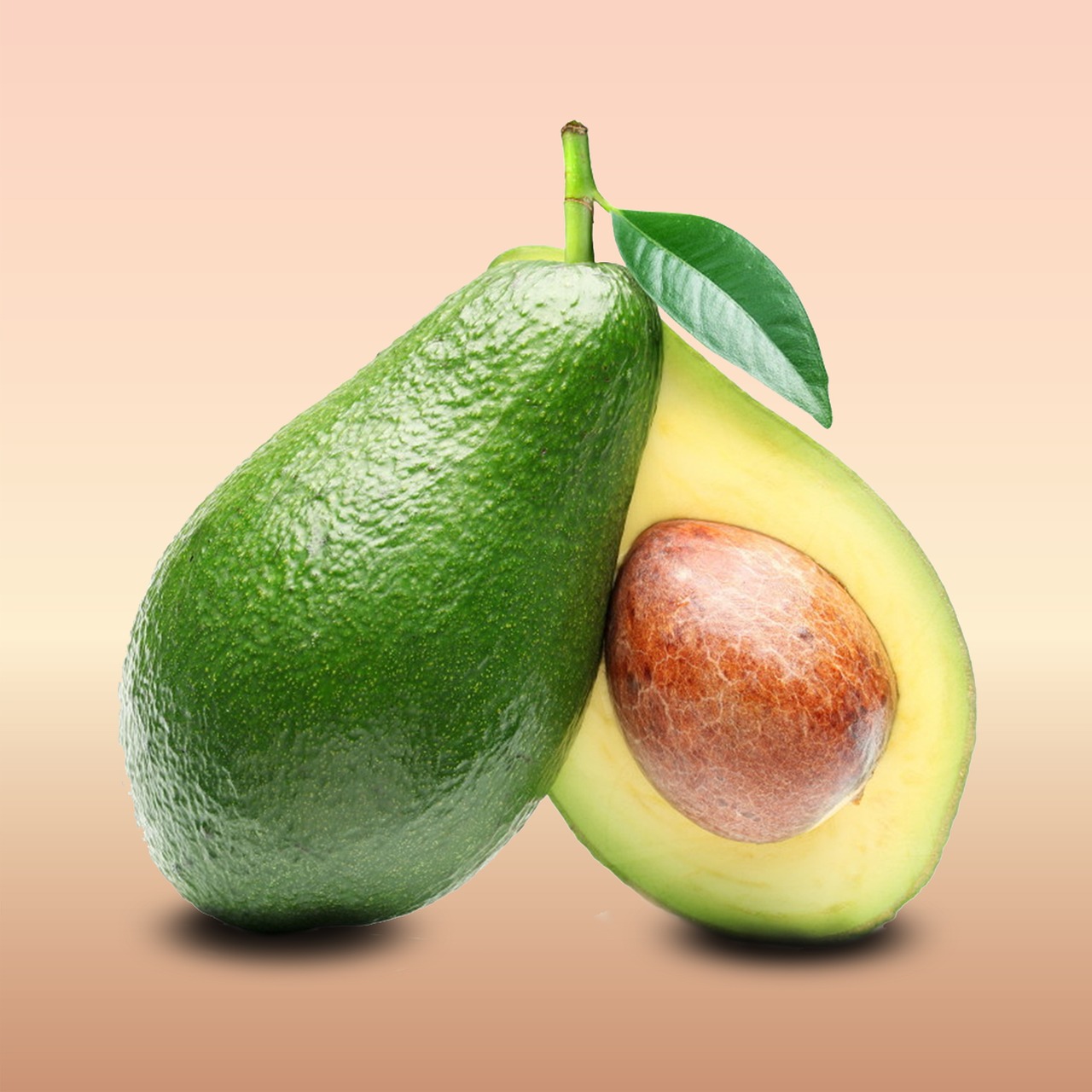
How to eat yourself smarter: Food for brain
Affiliate links may be used in this post. I may receive a small commission at no extra cost to you if you make a purchase through my affiliate link. Read my full disclosure policy here.
Yes, certain foods are believed to have beneficial effects on brain health and may help slow down vision loss. For example, foods rich in antioxidants, omega-3 fatty acids, vitamins, and minerals have been associated with improved cognitive function and eye health. However, it’s important to note that while some studies suggest a potential correlation between diet and brain/vision health, more research is needed to establish conclusive evidence and specific dietary recommendations.
Our brains and vision are remarkable assets that often go unnoticed until signs of deterioration appear. We tend to overlook the importance of actively supporting these vital aspects of our health until issues arise, such as cognitive decline or vision problems. However, taking proactive steps to nourish and care for our brain and eyes can significantly impact our overall well-being and quality of life.
Green Tea
Green tea contains antioxidants like catechins and polyphenols, which may protect the brain and eyes from oxidative damage. Studies suggest that these compounds could improve cognitive function, reduce the risk of neurodegenerative diseases, and support eye health by preventing age-related conditions.
Green tea’s anti-inflammatory properties may also contribute to brain and vision health. While promising, more research is needed to confirm these benefits conclusively, and moderation in green tea consumption is advised due to its caffeine content. Incorporating green tea into a balanced diet and lifestyle may offer some advantages for brain and vision well.
Berries
Berries are rich in antioxidants like flavonoids, anthocyanins, and vitamin C, which can benefit both brain and vision health. These compounds have been linked to improved cognitive function, memory, and mood, as well as reduced inflammation and oxidative stress in the brain.
Additionally, the antioxidants in berries may protect the eyes from age-related conditions such as macular degeneration and cataracts by neutralizing free radicals and supporting overall eye health. Including a variety of berries in your diet as part of a healthy lifestyle may contribute to better brain and vision wellness.
Cruciferous Vegetables
Cruciferous vegetables like broccoli, kale, and Brussels sprouts are packed with nutrients that benefit brain and vision health. They are rich in antioxidants such as vitamin C, beta-carotene, and sulforaphane, which help protect cells from oxidative stress and inflammation in the brain and eyes. Studies suggest that regular consumption of cruciferous vegetables may improve cognitive function, memory, and concentration, while also reducing the risk of age-related cognitive decline and neurodegenerative diseases.
Additionally, the nutrients in cruciferous vegetables support eye health by promoting good vision and reducing the risk of eye conditions such as cataracts and macular degeneration. Including cruciferous vegetables in your diet can be an excellent way to nourish your brain and support optimal vision.
Fish
Fish, especially fatty varieties like salmon, mackerel, and sardines, are known for their high content of omega-3 fatty acids, specifically EPA and DHA. These essential fatty acids play a crucial role in brain and vision health. Omega-3s support brain function by promoting neuroplasticity, reducing inflammation, and enhancing neurotransmitter activity, which can improve mood, cognition, and memory.
They also contribute to healthy vision by maintaining the structure and function of the retina and protecting against age-related macular degeneration. Regular consumption of fatty fish is associated with better cognitive performance, lower risk of cognitive decline, and improved visual acuity, making it a valuable addition to a brain- and vision-supportive diet.
Nuts and Seeds
Nuts and seeds, such as almonds, walnuts, chia seeds, and flaxseeds, are nutrient-dense foods that offer numerous benefits for brain and vision health. They are rich in omega-3 fatty acids, antioxidants, vitamin E, and minerals like magnesium and zinc, all of which support cognitive function and eye wellness. Omega-3s in nuts and seeds contribute to brain health by reducing inflammation, enhancing synaptic function, and promoting neuroprotective effects, which may improve memory, focus, and overall cognitive performance.
The antioxidants and nutrients found in nuts and seeds also help protect the eyes from oxidative damage, support retinal health, and reduce the risk of age-related vision problems like macular degeneration and cataracts. Including a variety of nuts and seeds in your diet can provide essential nutrients that nourish your brain and support optimal vision throughout life.
Avocado
Avocado is a nutrient-dense fruit known for its creamy texture and rich flavor. It is particularly beneficial for brain health due to its high content of monounsaturated fats, such as oleic acid, which support the structure of brain cell membranes and may improve cognitive function.
Avocados also provide vitamin E, an antioxidant that helps protect brain cells from oxidative damage. Additionally, they contain potassium, folate, and vitamin K, contributing to overall health and well-being. Including avocados in your diet can be a delicious and nutritious way to support brain health and cognitive function.
Tumeric
Turmeric’s neuroprotective effects make it a valuable addition to a brain-healthy diet, and it can be easily incorporated into various dishes for its flavor and health benefits. For optimal absorption, consume turmeric with black pepper or a source of fat.
Chocolate
Dark chocolate, especially when consumed in moderation and with high cocoa content (70% or higher), offers potential benefits for brain and vision health due to its rich antioxidant content, particularly flavonoids. Flavonoids have been associated with improved cognitive function, memory, and mood, as well as enhanced blood flow to the brain, which may support overall brain health and neuroprotection.
Additionally, dark chocolate’s antioxidants can help reduce inflammation and oxidative stress in the brain, potentially lowering the risk of neurodegenerative diseases. In terms of vision health, the flavonoids in dark chocolate may promote blood flow to the eyes, support retinal function, and protect against age-related vision problems like macular degeneration. Enjoying small amounts of dark chocolate as part of a balanced diet can be a delicious way to support brain function and maintain healthy vision.
On the other hand, consuming excess sugar and processed foods can harm both brain and vision health. High sugar intake contributes to inflammation in the brain, leading to cognitive decline and increasing the risk of neurodegenerative diseases like Alzheimer’s. Processed foods, lacking in essential nutrients, can cause energy fluctuations and impair cognitive function due to their high glycemic index. Additionally, sugar consumption is linked to age-related macular degeneration (AMD), a common cause of vision loss. To safeguard brain and vision health, prioritize a diet rich in whole, nutrient-dense foods while minimizing sugar and processed food intake. This approach supports cognitive function, protects against neurodegeneration, and helps maintain visual acuity for long-term wellness.
Ready to fuel your brain and sharpen your mind?
Take charge of your cognitive and vision health by making smarter food choices today! From antioxidant-rich berries to omega-3-packed fish and brain-boosting turmeric, the power to eat yourself smarter is right at your fingertips. Start small by adding these nutrient-dense superfoods to your meals and experience their incredible benefits for yourself.




Comments (17)
Meri B
June 5, 2024 at 9:30 pm
Great tips!
Jordan
June 5, 2024 at 9:50 pm
Good thing I love allllll of these foods. I just need to work on adding more of them to my diet.
Charli Dee
June 5, 2024 at 10:41 pm
Really informative post! I learned a lot here! A lot of the foods you mentioned are foods I love to eat! I love sardines, nuts and dark chocolate, especially dark chocolate! I know a lot of people don’t really like the bitterness of dark chocolate but I love it! Also, I eat sardine a lot! I love the oil that the sardines come in. I like pouring that oil over my rice. My family complains that I have bad eating habits, so it’s nice to know that I’m doing some things right! As for green tea, my father loves that! He’s always drinking green tea! Thanks for sharing this post!
Ashley
June 9, 2024 at 4:05 pm
I am so glad chocolate made it to the list! I try to use turmeric in some recipes, but I’m not fond of it so I’ll try to eat more of the rest.
monmon
June 11, 2024 at 9:15 pm
Yeah, I was glad to found out about the chocolate too. And I don’t blame you about the turmeric, not my favorite seasoning but will add it to dishes where I can.
Olga
June 10, 2024 at 2:47 am
Thank you for the great post! I want to improve my eating and am interested in foods that are good for the brain. I never thought green tea had so many benefits. I`ll definitely try it.
monmon
June 11, 2024 at 9:14 pm
There are so many benefits of these foods and they are easy to incorporate them into the day. Just be a bit mindful of them.
Shakia
June 12, 2024 at 1:38 pm
There are wonderful benefits eating these foods. I already incorporate most of them in my diet. Especially avocados! and berries! My favorites!
monmon
June 16, 2024 at 4:17 pm
Good to hear that! Knowledge is power, but it is sometimes difficult to put into practice. Glad you do both.
Karen Kasberg
June 12, 2024 at 3:22 pm
I’m all about doing whatever I can to keep my brain healthy. One area I need to improve on is eating more fish. Thanks for sharing this great post!
monmon
June 16, 2024 at 4:16 pm
Fish is a bit odd one, people either love it hate it. I think it is the smell lol.
Shakia
June 13, 2024 at 6:48 pm
Eating smarter is so important, especially as we get older. My favorites on the list are avocados and berries!
monmon
June 16, 2024 at 4:13 pm
Definitely, I am in the age when I have to start being careful about the diet and be smart.
Anthuwin Cupido
June 16, 2024 at 6:06 pm
Love your post! All these foods seem to be my favorite, and it’s a good thing I stumbled on your post to learn more about them. Thanks for sharing!
monmon
June 16, 2024 at 6:42 pm
The best about these is the chocolate lol
Kade Stamm
June 16, 2024 at 6:23 pm
Wow superb blog layout How long have you been blogging for you make blogging look easy The overall look of your site is magnificent as well as the content
monmon
June 16, 2024 at 6:40 pm
Thank you. I have been blogging since February. Thank you for your kind comment.
Comments are closed